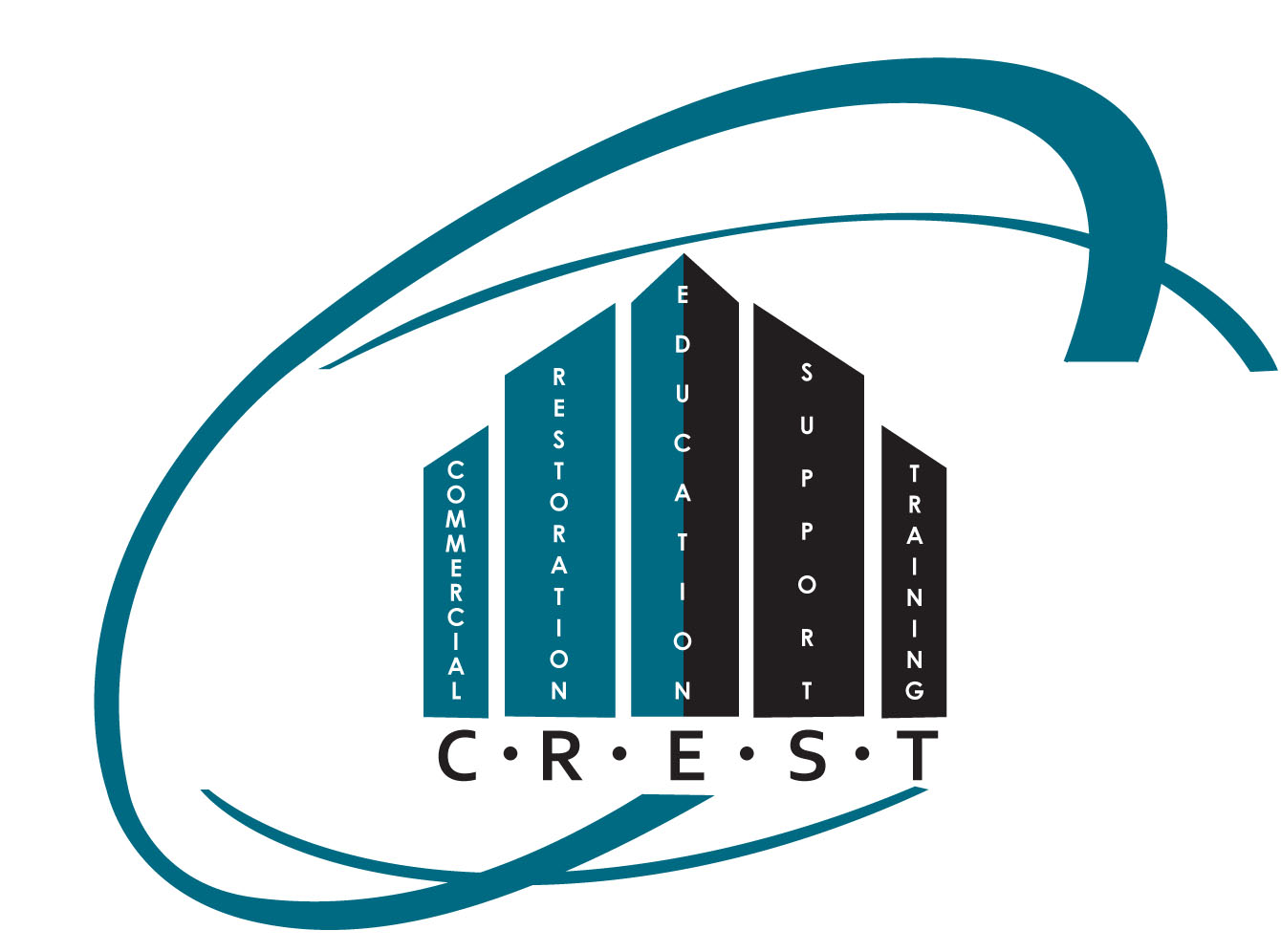
Successful individuals are often proactive leaders who foresee problems before they occur and actively seek answers. This contrasts with reactive leaders, who might spend more time fighting against issues due to their “wait and see” attitude.
When someone takes a reactive approach to life, they wait for events to occur and then answer them.
When a kid is first learning to field a ground ball, his instinctive reaction is to stand still until the ball rolls to him. But baseballs do funny things once they hit grass and dirt. They change direction; they slow down. What they don’t do is go right into your glove. If a player passively waits for the ball to come to him, nine times out of ten, he’s going to come up empty-handed.
Taking a proactive stance toward your marketing career enables you to reap plenty of positive benefits. Here are just three to consider for a start:
- Greater stability: you’ll find a greater sense of stability and security in your marketing success. Reactive people respond to short-term inconveniences as they happen, remember, proactive people can go out on a daily route all day knowing they’ve done what they can to prepare for any eventuality.
- Less stress: this approach to your career leads to far less stress than is common for more reactive people. While you will still need to deploy your problem-solving skills from time to time, you can do so with the knowledge you’ve already prepared for them extensively.
- More control: whether for your business or your personal emotional state – it is how much more control you get over previously uncontrollable things. A reactive strategy is naturally incapable of controlling anything – all you do with this approach is respond to other persons, occasions, and the like.
If you’ve approached life in a mostly reactive way up until now, perhaps it’s time to try a different approach. Keep these tips in mind as you start to learn how to become more proactive:
Accept responsibility – While you might not have control of every aspect of your life, you can still take thorough charge of the parts that you do. When it comes to completing important tasks, do as much as you can to get them done long before you have to worry about running out of time or hitting other road bumps.
Plan when possible – No one can predict future events with total accuracy, but everyone can stave off potential problems by taking proactive measures. Proactive thinkers spend more time thinking about the big picture and yes, reactive thinkers respond to one-off events and situations. In marketing, a proactive routine focuses on planning for all sorts of eventualities – this makes it easier to adapt whenever anything happens.

Practice mindfulness -When you take a more aware approach to life, you discover how to find reactive thinking patterns. By doing so, you can practice replacing them with more proactive thinking habits. Mindfulness allows you to take life as it comes without feeling the necessity to make any knee-jerk reactions to awkward or bad circumstances.
Prepare for adaptation – No matter how sophisticated your predictive prowess or ironclad your tuition for negative events, something will eventually come along to upset the apple cart. Keeping a proactive approach even then is indispensable. Proactivity has as much to do with reacting well when you must as it does with making the need for rapid reactions like that less likely to happen.
The definition of reactive and proactive is as follows:
Reactive: Reacting to the past rather than expecting the future
Proactive: Acting before a situation becomes a source of confrontation or crisis
Phrases, comments, and words that are proactive speech:
• “Let’s look at our alternatives.”
• “I can try a different approach.”
• “I control how I react to my feelings.”
• “I can accomplish my assignment.”
• “I choose…”
• “I prefer…”
• “I will…”
Reactive language that you should avoid:
• “There’s nothing I can do.”
• “That’s just the way I am.”
• “They make me so mad.”
• “They won’t allow that.”
• “I have to do that.”
• “I can’t…”
• “I must…”
• “If only…”
Reactive language causes you to feel like you are powerless and aren’t responsible for your choices. By changing to proactive language, you acknowledge that you do have the power to make choices and take control of your life.

Author: Dick Wagner, Co-Founder The CREST Network, LLC
Nationally recognized coach, consultant, and trainer.
Creator of the renowned PREP™ pre-disaster program.
Owner of AskDickWagner.com blog
Copyright© 2022 The Crest Network, LLC All Rights Reserved
No Part Of This Document May Be Reproduced In Any Form Without Written Permission
